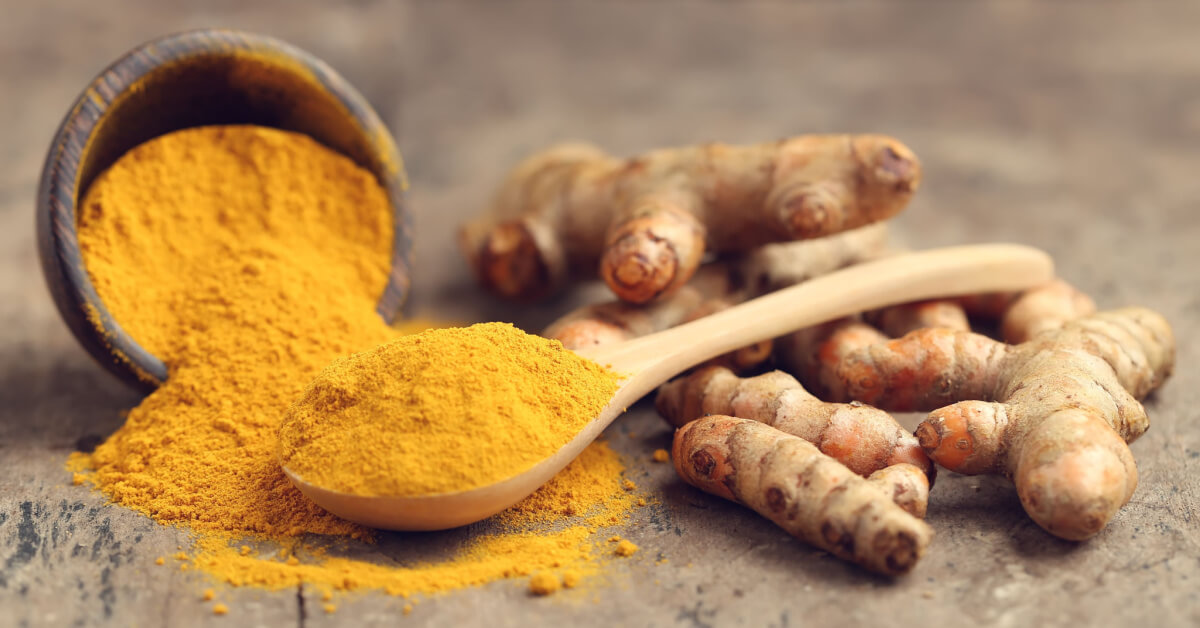
Understanding terms or words commonly used in herbal literature provides a basic foundation for people new to herbs and reinforces the basics for those with some experience with herbal medicine. [1]
Herbal Actions and Properties
adaptogen – metabolic regulators which increase the ability of an organism to adapt to environmental stressors and prevent damage to the organism by such stressors. [2]
adjuvant – aids the action of a medicinal agent [1]
alterative – strengthens and nourishes the body, often through the removal of metabolic wastes [1]
antibacterial – destroys or stops the growth of bacteria [1]
antibilious – Combats nausea, abdominal discomfort, constipation and gas caused buy an excessive secretion of bile. [3]
anticatarrh – reduces inflamed mucous membranes of head and throat [1]
antifungal – destroys or inhibits the growth of fungus [1]
anti-inflammatory – a herb with an action that helps reduce inflammation
antimicrobial – destroys microbes [1]
antioxidant – prevents or inhibits oxidation
antispasmodic – calms nervous and muscular spasms or convulsions [1]
aperient – relieves constipation; mild laxative [1]
aromatic – a herb containing volatile oils, fragrant odor.
astringent – causing the contraction of skin cells and other body tissues. [1]
bitter – stimulates appetite or digestive function [1]
cardiotonic – increases strength and tone (normal tension or response to stimuli) of the heart [1]
carminative — causes the release of stomach or intestinal gas [1]
cathartic – produces bowel movements [1
cicatrizant – aids formation of scar tissue and wound healing [1]
demulcent – soothes and protects inflamed and irritated mucous membranes both topically and internally
diaphoretic – increases perspiration (synonym: sudorific) [1]
digestive – promotes or aids the digestion process
diuretic – increases urine flow
emmenagogue – regulates and induces normal menstruation
emollient – softens and soothes the skin
estrogenic – causes the production of estrogen [1]
expectorant – facilitates removal of mucus and other materials [1]
febrifuge – reduces or relieves fever [1]
galactagogue – promotes the flow of milk [1]
hemostatic – controls or stops the flow of blood [1]
hepatic – having to do with the liver
laxative – loosens bowel contents
masticatory – increases flow of saliva upon chewing [1]
mucilaginous – polysaccharide-rich compounds that coat and soothe inflamed mucous membranes [1]
nervine – a nerve tonic
nutritive – providing nourishment; nutritious
orexigenic – stimulates or increases the appetite. [1]
purgative – causes the evacuation of intestinal contents; laxative [1]
relaxant – tends to relax and relieve tension, especially muscular tension [1]
sedative – exerts a soothing, tranquilizing effect on the body [1]
sialagogue – promotes the secretion of saliva
stimulant – increases body or organ function temporarily [1]
sudorific – increase perspiration [1]
tonic – stimulates energy and increases strength and tone [1]
vulnerary – aids in healing wounds [1]
References-






